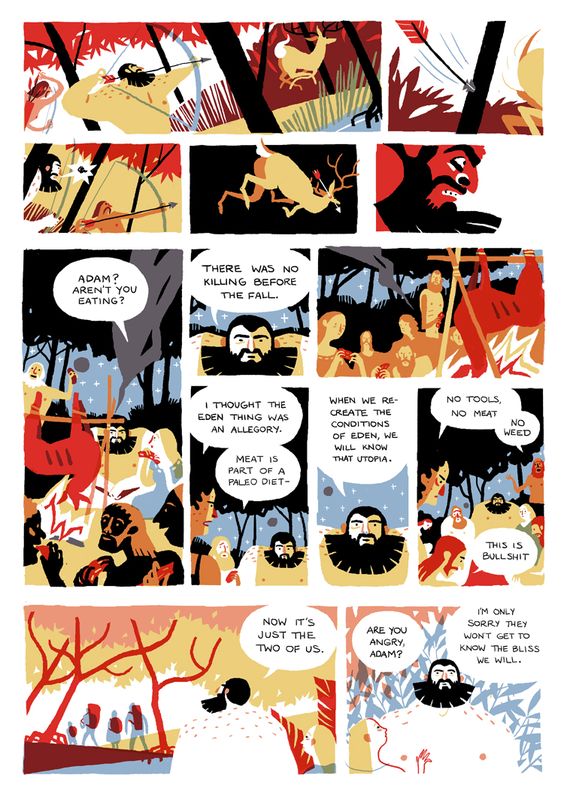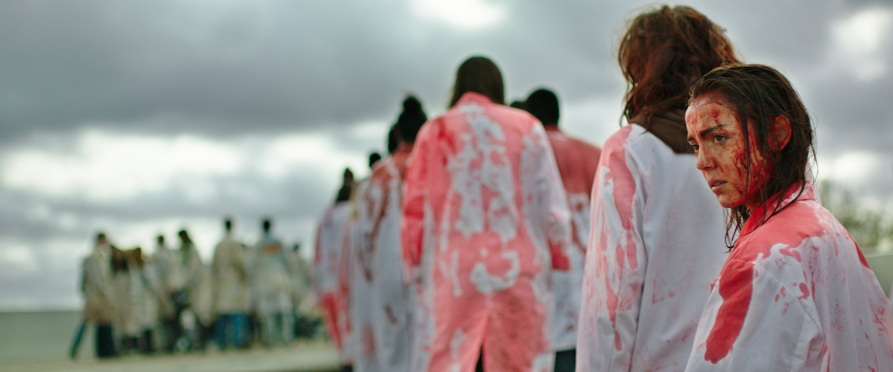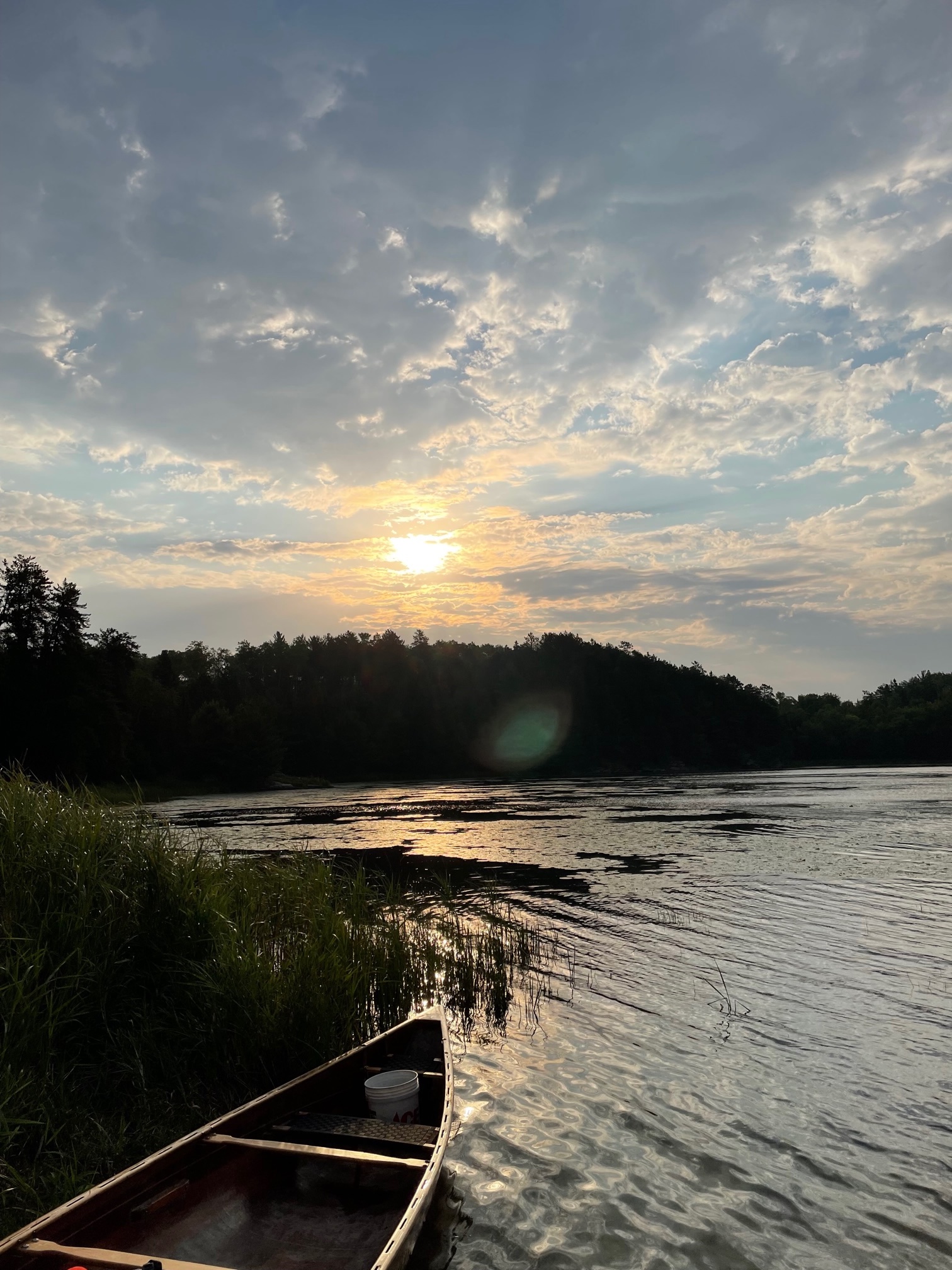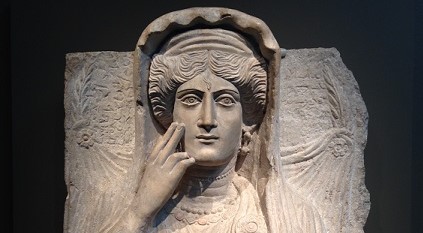Course Description:
This course examines and critically analyzes various approaches to the study of how different individuals and communities in particular historical and cultural scenarios in contemporary Latin America create meanings about their past experience with political violence. The course addresses questions related to the tension between remembering and forgetting, the presence of conflicting memories and truths and how these are negotiated or not through distinct forms of representation. The cultural analysis of different means of representation: human rights and truth commissions’ reports, testimonials, film, art and memorials will be the basis for class discussions on different notions of truth and different forms of truth-telling. A close examination of these forms of representation will reveal the extent to which they can conflict with each other while at the same time feed on each other, creating “effects of truth” and leaving room for secrecy as a mode of truth-telling. Finally, the course will also compel students to think about what the consequences the politics of memory have for the future in Latin America.
The content and discussion in this course will necessarily engage with historical contexts and personal testimonies of violence that include arbitrary arrest and detention, torture, sexual violence, genocide, massacres, extrajudicial execution and disappearances. Much of the material will be emotionally and intellectually challenging to engage with. We will do our best to flag especially graphic or intense content that discusses or represents violence and will do our best to make this classroom a space where we can engage bravely, empathetically and thoughtfully with difficult content every week.
This course examines and critically analyzes various approaches to the study of how different individuals and communities in particular historical and cultural scenarios in contemporary Latin America create meanings about their past experience with political violence. The course addresses questions related to the tension between remembering and forgetting, the presence of conflicting memories and truths and how these are negotiated or not through distinct forms of representation. The cultural analysis of different means of representation: human rights and truth commissions’ reports, testimonials, film, art and memorials will be the basis for class discussions on different notions of truth and different forms of truth-telling. A close examination of these forms of representation will reveal the extent to which they can conflict with each other while at the same time feed on each other, creating “effects of truth” and leaving room for secrecy as a mode of truth-telling. Finally, the course will also compel students to think about what the consequences the politics of memory have for the future in Latin America.
The content and discussion in this course will necessarily engage with historical contexts and personal testimonies of violence that include arbitrary arrest and detention, torture, sexual violence, genocide, massacres, extrajudicial execution and disappearances. Much of the material will be emotionally and intellectually challenging to engage with. We will do our best to flag especially graphic or intense content that discusses or represents violence and will do our best to make this classroom a space where we can engage bravely, empathetically and thoughtfully with difficult content every week.
- מורה: Olga González






